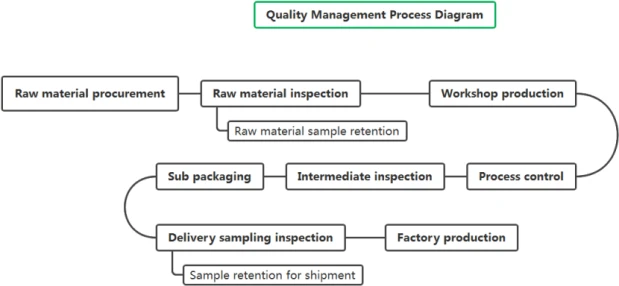
News
Sep . 15, 2024 13:32 Back to list
custom edta micronutrient chelate fertilizer
The Importance of Custom EDTA Micronutrient Chelate Fertilizers
In today's agriculture, the focus on sustainable and efficient farming practices has led to the increasing popularity of specialized fertilizers. Among these, custom EDTA micronutrient chelate fertilizers have gained significant attention due to their unique properties and benefits for crop growth and soil health.
EDTA, or ethylenediaminetetraacetic acid, is a chelating agent that effectively binds to micronutrients, making them more available to plants. Micronutrients, such as iron, zinc, manganese, and copper, are essential for various physiological and biochemical processes in plants. However, these elements can often become immobilized in the soil, rendering them unavailable for plant uptake. This is where EDTA micronutrient chelate fertilizers come into play.
One of the key advantages of custom EDTA micronutrient chelates is their ability to supply essential nutrients in a form that is easily absorbed by plants. The chelation process protects these nutrients from reacting with other soil components, which may lead to precipitation or unavailability. As a result, crops can access the nutrients they need for healthy growth and development, ultimately leading to increased yields and better quality produce.
Moreover, custom formulations allow for precise nutrient management tailored to the specific needs of different crops and soil types. Farmers can analyze their soil's nutrient profile and choose a custom EDTA chelate that addresses specific deficiencies. This targeted approach not only enhances crop performance but also minimizes the risk of over-fertilization, which can harm the environment and lead to nutrient runoff.
custom edta micronutrient chelate fertilizer

Another important aspect is the improved resilience of plants when using chelated micronutrients. When plants receive balanced nutrition, they are better equipped to withstand stresses such as drought, disease, and extreme weather conditions. This resilience is crucial in the context of climate change, where unpredictable weather patterns can significantly impact agricultural productivity.
Furthermore, the environmental benefits of using custom EDTA micronutrient chelate fertilizers cannot be overlooked. By ensuring that micronutrients are delivered efficiently to plants, these fertilizers can reduce the need for larger quantities of traditional fertilizers, which often contain higher levels of nitrogen and phosphorus. This can lead to lower emissions of harmful gases and reduced risk of waterway pollution from runoff. In sustainable farming practices, such strategic nutrient management is essential for protecting ecosystems while maintaining high agricultural productivity.
Implementing custom EDTA micronutrient chelate fertilizers also supports organic farming systems, where the focus is on using naturally derived inputs. While synthetic fertilizers often dominate the market, organic farmers can benefit from these chelates to address micronutrient deficiencies in a manner that aligns with their sustainable practices.
In conclusion, custom EDTA micronutrient chelate fertilizers play a vital role in modern agriculture, offering tailored solutions that enhance nutrient availability, improve plant health, and promote environmental sustainability. As the agricultural sector seeks to meet the growing global food demand while preserving natural resources, the adoption of advanced fertilizer technologies such as these will be crucial. By prioritizing nutrient management and plant health, farmers can ensure a more productive and sustainable future in farming.
-
Polyaspartic Acid Salts in Agricultural Fertilizers: A Sustainable Solution
NewsJul.21,2025
-
OEM Chelating Agent Preservative Supplier & Manufacturer High-Quality Customized Solutions
NewsJul.08,2025
-
OEM Potassium Chelating Agent Manufacturer - Custom Potassium Oxalate & Citrate Solutions
NewsJul.08,2025
-
OEM Pentasodium DTPA Chelating Agent Supplier & Manufacturer High Purity & Cost-Effective Solutions
NewsJul.08,2025
-
High-Efficiency Chelated Trace Elements Fertilizer Bulk Supplier & Manufacturer Quotes
NewsJul.07,2025
-
High Quality K Formation for a Chelating Agent – Reliable Manufacturer & Supplier
NewsJul.07,2025
